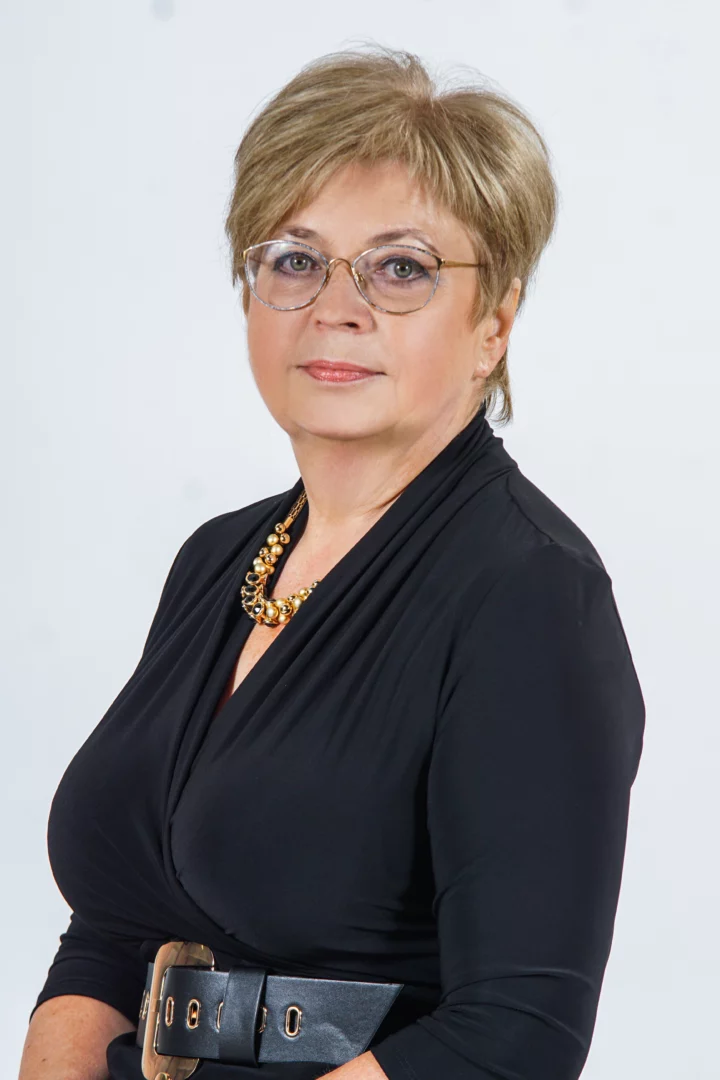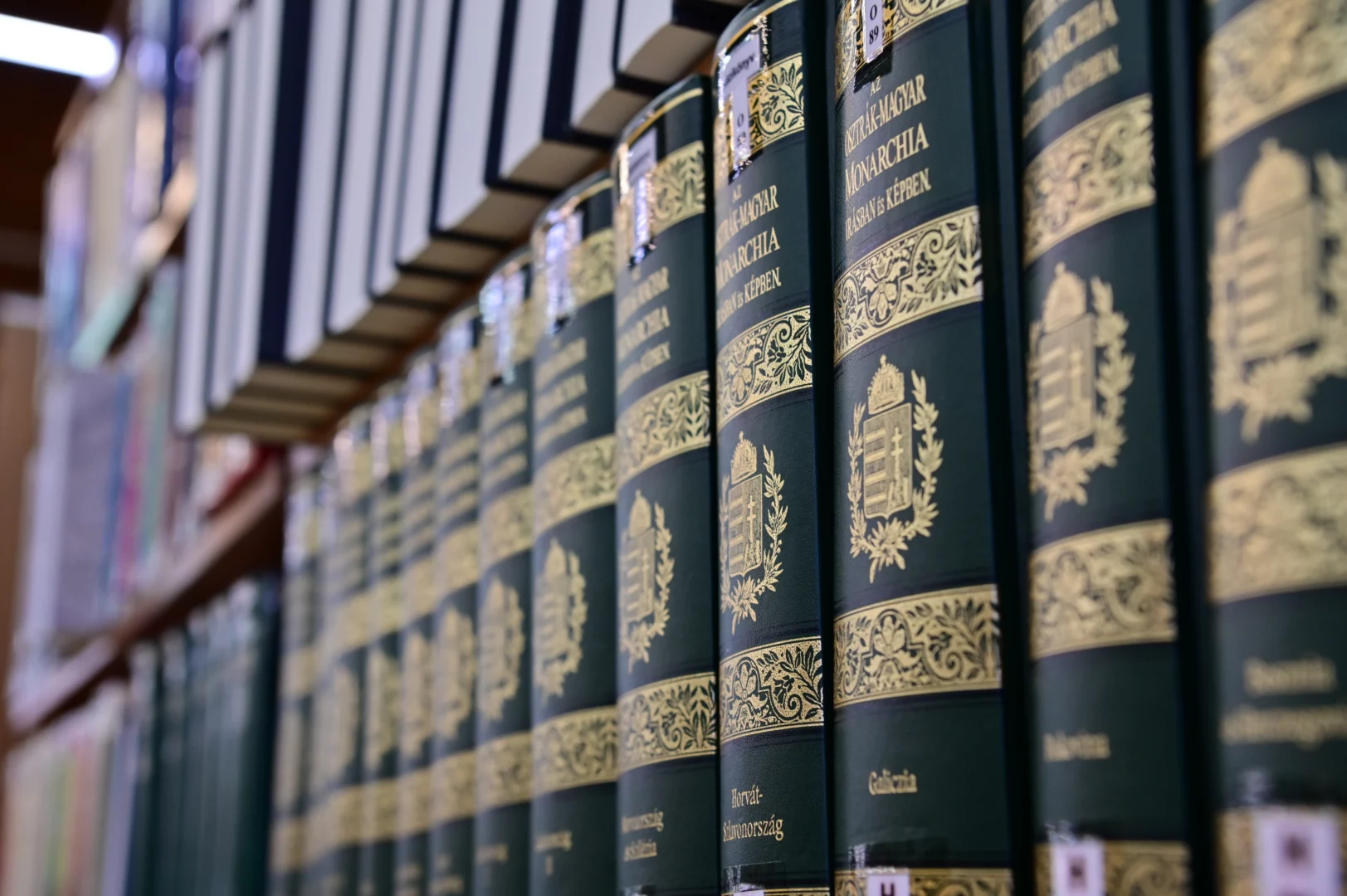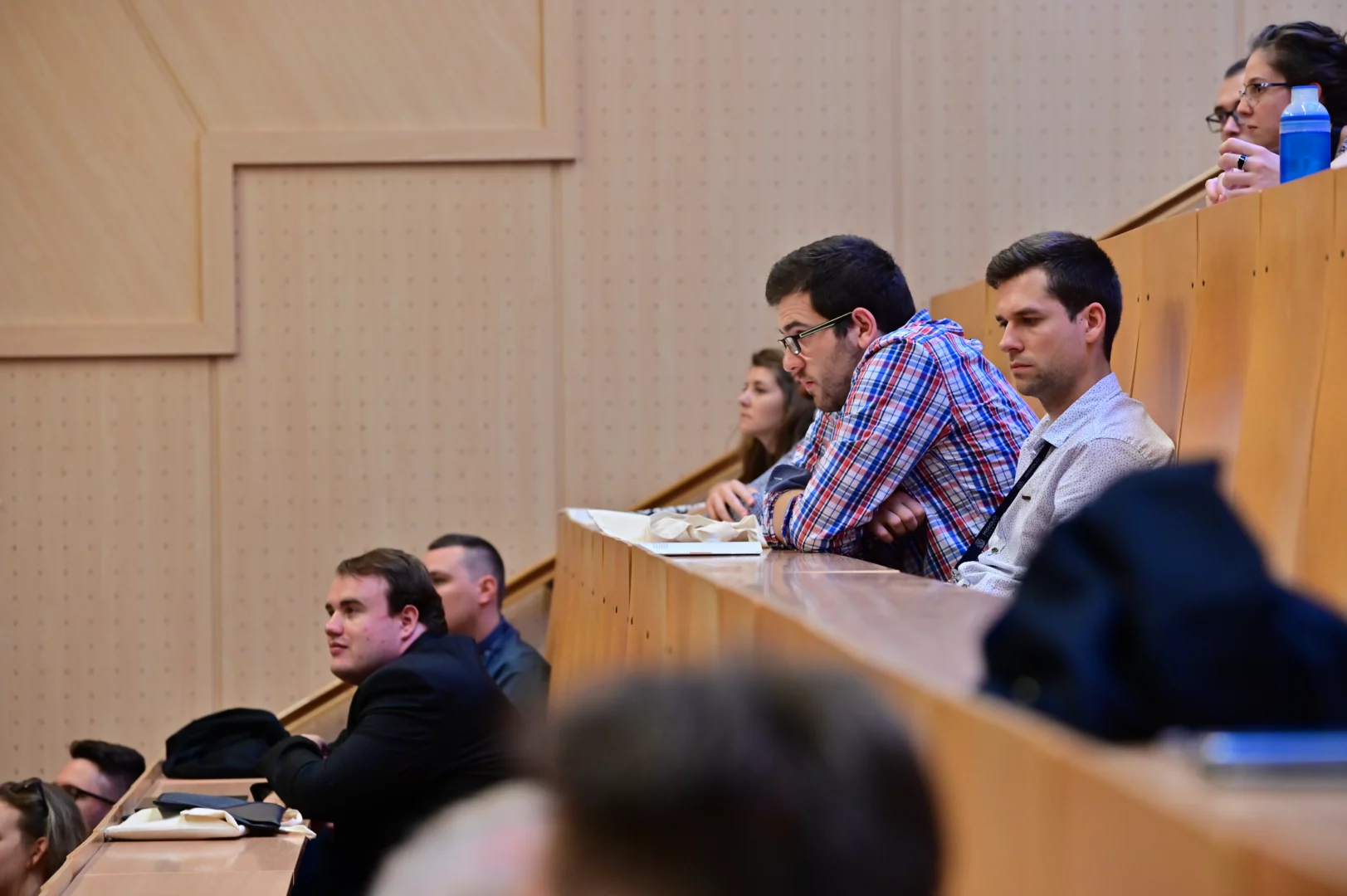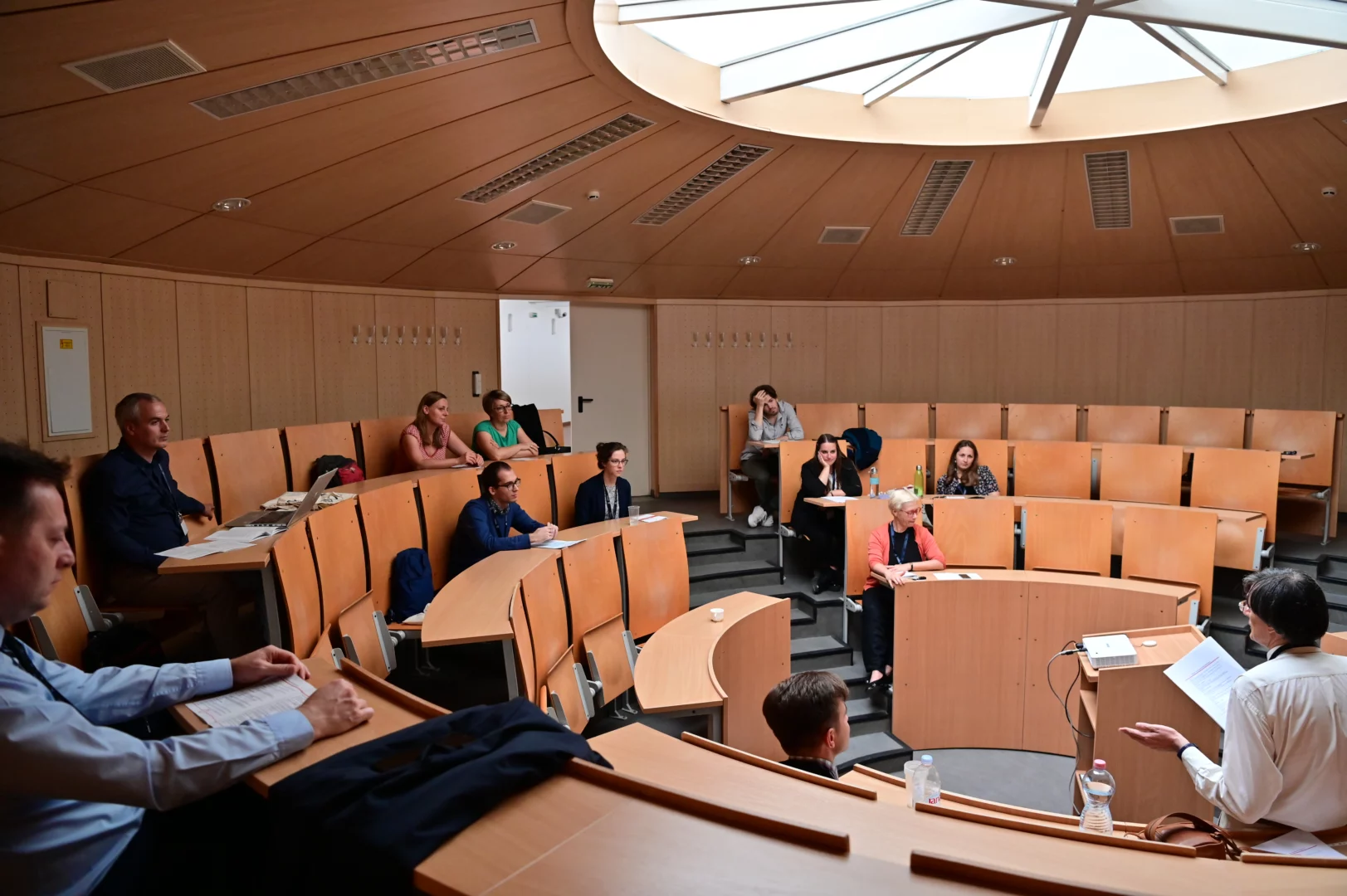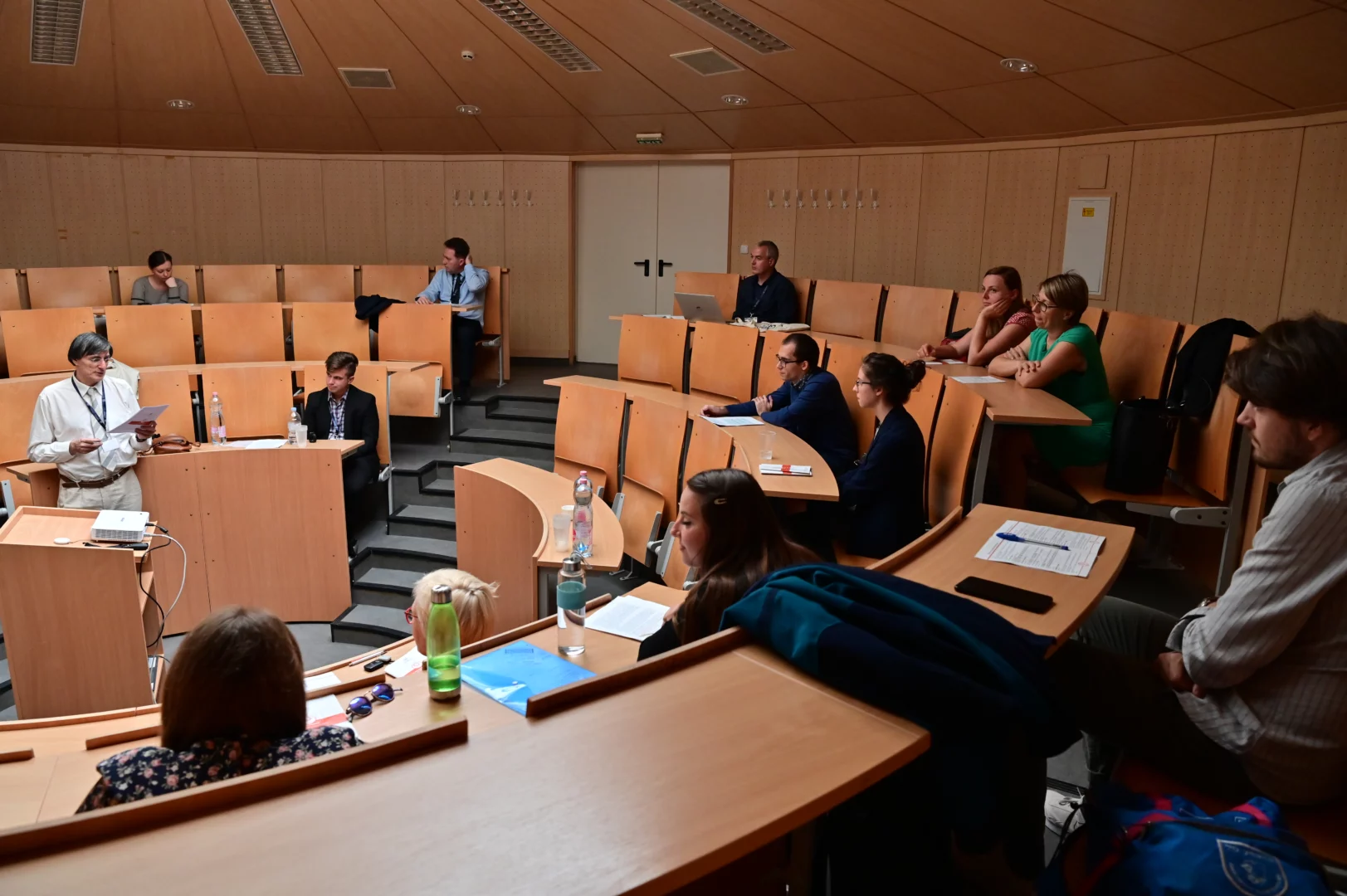During the 20–30-minute online admission interview, the applicant’s knowledge in social sciences, research interests and motivation, commitment to study cultural anthropology and language proficiency is assessed. Successful candidates are expected to answer the following questions on their professional backgrounds, and motivations:
- What are your reasons and motivations for applying to study cultural anthropology at a master’s level at a university in a Central European city?
- What do you know and what knowledge do you want to gain about Central Europe?
- What do you want to achieve with a Master of Arts degree in Cultural Anthropology?
- What specific fields of cultural anthropology and Central Europe are you interested in? What are your current research interests?
- How and where do you envision applying your Cultural Anthropology knowledge after graduating?
Based on the admission interview successful candidates (1) have a good command of written and oral knowledge in English (30% – 20 points), (2) present a well-composed motivational letter (30%), have a basic level of general literacy in the social sciences (20%), are interested in the contemporary sociocultural conditions of Central Europe (10%) and are motivated to gain a deeper understanding on how to apply social science knowledge in practical contexts (10% – all together 60 points).


